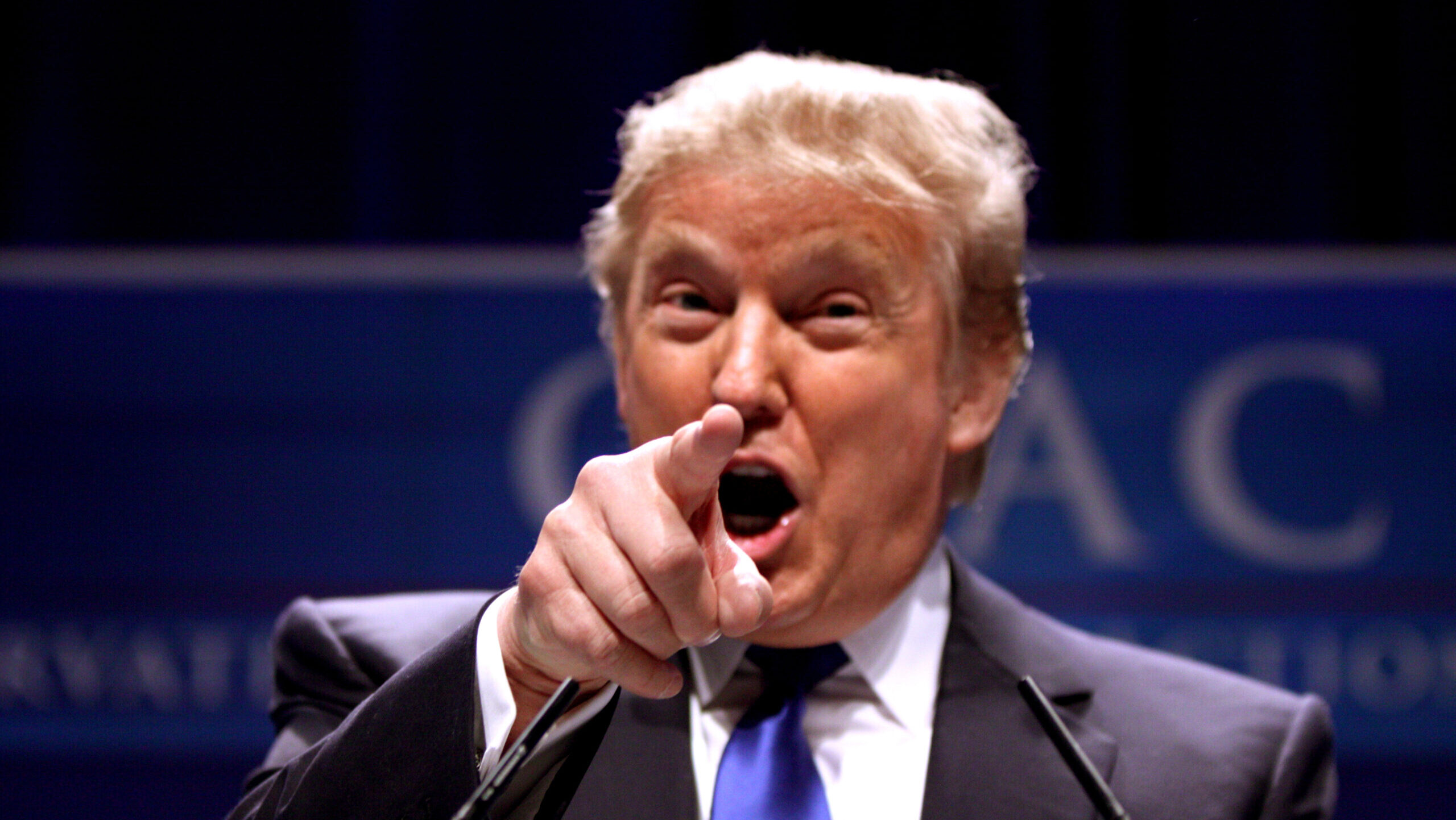Once again, fascism seems to be on the march. However, according to former US President Donald Trump, the fascists are not exactly who many of us might expect them to be. They are not Russian President Vladimir Putin, currently trying to destroy Ukraine, and they are not the Holocaust deniers and white supremacists that Trump himself met with at Mar-a-Lago. Rather, the fascists are his political opponents, the Democrats.
Trump has framed various Democrats as fascists since he was President. Following his electoral defeat in 2020, other Republicans have taken to referring to Democrats as fascists. More recently, he accused current US President Joe Biden of running a ‘Gestapo state’ and of being ‘surrounded by fascists’. In June, Trump declared that Americans are already living in a “fascist state”.
Since a good number of conservatives in the US seem to believe his claims, along with his continued influence over the American political scene and the very good chance he could get elected President again in the next couple of week, it is worth assessing why Trump is making these claims, what he means by them, and the impact it would have on a second Trump administration.
Many experts on fascism – such as historians Christopher Browning and Timothy Snyder, political scientist Robert Paxton, philosopher Jason Stanley, and literary scholar Sarah Churchwell – have all argued that Trump either is a fascist or has acted at times like one. While some researchers would contest this, the fact that there are so many who say that Trump, and not Democrats, is the fascist should be taken seriously. It is Trump, not the Democrats, who partially aligns with Paxton’s definition of fascism as being ‘a form of political behaviour marked by obsessive preoccupation with community decline, humiliation or victimhood.’
Trump is not the first conservative to refer to Democrats as fascists. In 1995, the-then Executive Vice President of the National Rifle Association, Wayne LaPierre, described the agents of the Bureau of Alcohol, Tobacco and Firearms under Democratic President Bill Clinton as being, ‘jackbooted thugs’ wearing ‘Nazi bucket helmets and black storm trooper uniforms’. In 2008, conservative commentator Jonah Goldberg wrote Liberal Fascism. According to Goldberg, liberals had been calling conservatives fascists since the 1960s, when it really should have been the other way around. Goldberg wrote this book as a chance to exact political revenge on Democrats. Since then, prominent conservatives have frequently claimed that when Democrats implement their policies, they are sending America down a slippery path towards fascism.
The result of decades of this narrative being pushed is that, according to a 2023 poll conducted by clinical psychologist Joshua Grubbs and sociologist Samuel Perry, 76% of Republicans believe that fascists are left-wing. This disjuncture has enabled Republican politicians like Trump to paint Democrats as being fascists. Moreover, by accusing the Democrats of ‘destroying democracy’, Republicans are making Trump seem like he is the true supporter of democracy. A poll taken before President Biden dropped out of the race showed more voters trusting Trump over Biden to defend American democracy. Many prospective republican voters don’t think that they will be voting for the enemy of democracy, an autocratic fascist. They believe they are voting for its defender.
Accusing Democrats of being fascists seems like a potentially effective strategy for Trump to mobilise his supporters. But besides being a political tactic, it would also serve to help Trump run America as an authoritarian. The Russian-American journalist Masha Gessen argued in their book, Surviving Autocracy, that one of Trump’s greatest weapons against American democracy was his use of ‘word piles’. Through his long, rambling, at times incoherent speeches, Trump has twisted and distorted the meanings of words. Increasingly Democrats and Republicans do not even agree on what some words mean, fascism being a case in point. When so many people think Trump’s opponents are fascists, they are more likely to support him doing whatever he wants to stop them.
George Orwell’s 1984 was right in arguing that the most successful autocrats are able to strip words of meanings that are undesirable to them. Trump implementing his ‘day one dictatorship’ while claiming that the opponents that he is threatening are the fascists should remind us of Orwell’s fictional world. While it is unclear if Trump is actually consciously doing this, by changing the meaning of fascism, intentionally or not, he may be able to get away with a lot more during his potential second term in power.
Image Credit: Gage Skidmore/Flikr

